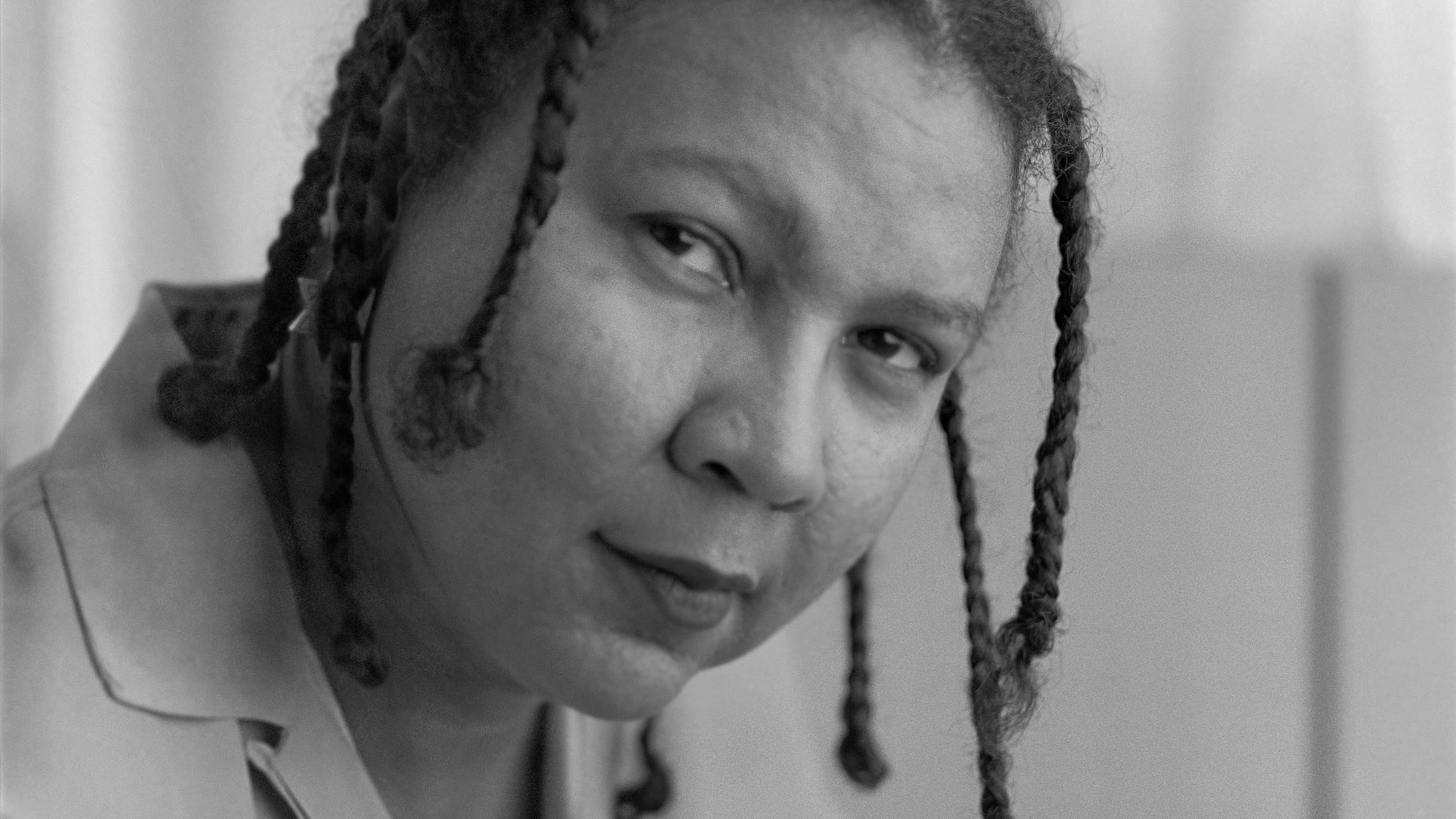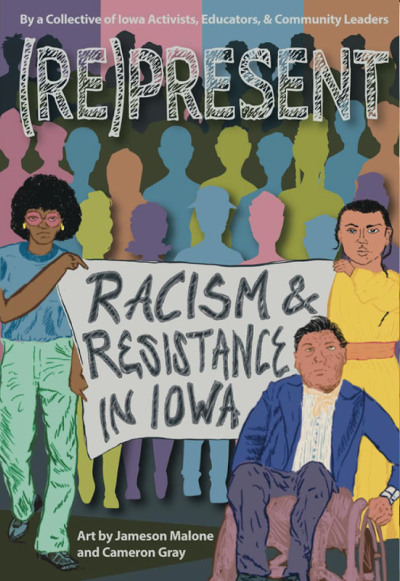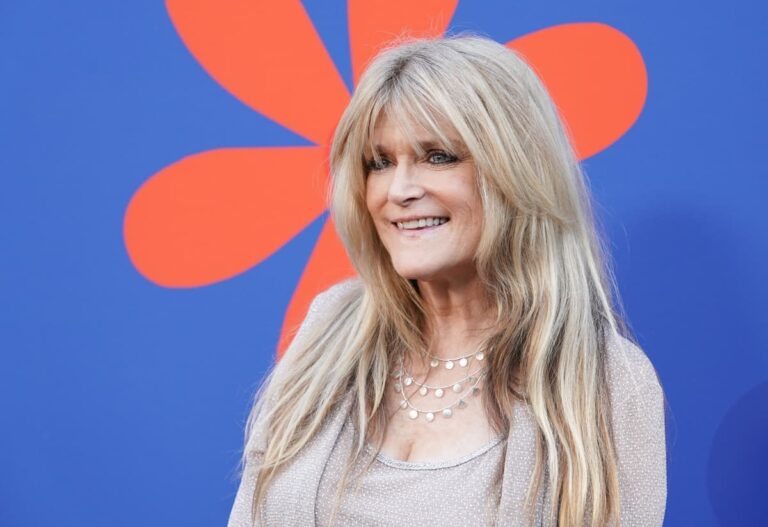bell hooks: Championing Intersectionality in Feminism and Activism
bell hooks: A Pioneer of Intersectional Feminism
bell hooks was more than just a name in the feminist movement; she was a vibrant force who reshaped our understanding of vulnerability, love, and liberation. With her unique fusion of activism and academia, hooks dissected the complexities of race, gender, class, and capitalism. So, grab a cup of coffee and settle in as we dive deep into her life, work, and legacy in championing intersectionality within feminism.
The Life of bell hooks
Born Gloria Jean Watkins on September 25, 1952, in Hopkinsville, Kentucky, hooks later adopted her grandmother’s name as a pen name to honor her legacy. She grew up in a segregated society, which ignited her passion for social justice. Education played a crucial role in her path; hooks attended Stanford University and earned a doctorate from the University of California, Santa Cruz. Throughout her life, she published over 30 books! That’s staggering, right? Each of these works dared to tackle tough topics and initiate conversations that others often shied away from.
Early Influences
Hooks’s childhood experiences in the racially divided South shaped her world view. She witnessed firsthand the struggles of her community and developed a keen sense of empathy. At an early age, she realized that feminism needed to address not just sexism but also racism and class oppression. Imagine being torn between two worlds—one where gender would be seen as a barrier and another, race, hindering your voice. It’s a painful reality hooks encountered, igniting her fire to advocate for the unheard.
Defining Intersectionality
When we talk about feminism today, the word “intersectionality” gets thrown around quite a bit. But do we really grasp what it means? Coined by legal scholar Kimberlé Crenshaw, intersectionality emphasizes how overlapping social identities—like race, gender, and sexual orientation—impact an individual’s experience of oppression and privilege. And guess who was one of the early proponents of this essential concept? You guessed it: bell hooks!
The Intersection of Race and Gender
In her groundbreaking work Ain’t I a Woman? published in 1981, hooks confronts the overlaps of race and gender. She argues that the feminist movement has often sidelined Black women, focusing primarily on the experiences of white women. By putting a spotlight on this issue, hooks encouraged a wider discourse that includes all women. It’s like trying to bake a cake without all the necessary ingredients—the end product may not be what you envision!
Activism and Philosophy
While hooks may be best known for her writing, her activism was equally impactful. She engaged in community-building and educational initiatives, working tirelessly to make feminism inclusive and accessible. Her philosophy of love as a political force resonated deeply, encouraging women to embrace love in all forms—as a tool for liberation.
Love as Liberation
In her iconic book All About Love: New Visions, hooks redefines love, arguing that it is a transformative power capable of overcoming oppression. She states that serious conversations about love can redirect conversations about power and privilege. Hooks believed that when we incorporate love into activism, we not only create a better world but also a more compassionate one.
Imagine if love were truly at the center of our social struggles. Wouldn’t that be revolutionary?
The Impact of bell hooks
The influence of bell hooks extends beyond academic circles. Her writings have sparked movements and galvanized countless individuals to rethink their relationship with feminism. They’re not just books; they are calls to action.
Generational Shifts
Hooks’s work has transcended generations. Young feminists today draw from her teachings, integrating intersectionality into their activism. From social media campaigns to grassroots movements, the echoes of her philosophy are evident. These activists are not just fighting for gender equality; they are advocating against systemic racism, economic inequality, and homophobia too. The landscape of feminism is more vibrant because of her contributions.
The Legacy of a Visionary
Sadly, bell hooks passed away on December 15, 2021, but her legacy lives on. Universities around the world teach her works, and countless readers continue to find solace and empowerment in her words.
Continuing the Conversation
In a world still grappling with social inequality, her insights remain painfully relevant. Feminism is not a monolith; it is an ever-evolving conversation enriched by diverse experiences. It’s our duty to keep that conversation going, to challenge the status quo, and to ensure every voice is heard.
Conclusion
bell hooks redefined feminism by illuminating the intricacies of race, gender, and class. Her work compels us to look beyond the surface and recognize the complexities of identity. In essence, hooks taught us that the fight for equality is multifaceted, and only by understanding these intersections can we hope to create a world where everyone is free.
As we reflect on her legacy, let’s remember that feminism is about empowerment and liberation for all, not just a select few. Let’s celebrate hooks’s profound contributions and carry her message forward. After all, it’s up to us to keep her vision alive.
FAQs
1. Who is bell hooks?
bell hooks (born Gloria Jean Watkins) was a prominent author, feminist, and social activist known for her work on the intersection of race, gender, and class.
2. What is intersectionality?
Intersectionality is the idea that various social identities, such as race, gender, and sexuality, intersect and create unique experiences of discrimination and privilege.
3. Why is bell hooks important in feminism?
Hooks was instrumental in highlighting the experiences of marginalized groups within feminism, advocating for a more inclusive movement that recognizes the intersections of various identities.
4. What are some of bell hooks’s key works?
Some of her notable books include Ain’t I a Woman?, All About Love: New Visions, and Feminism is for Everybody.
5. How did bell hooks redefine love in her writings?
Hooks viewed love as a transformative political force and essential to social change, arguing that love should be at the heart of our interactions and activism.







